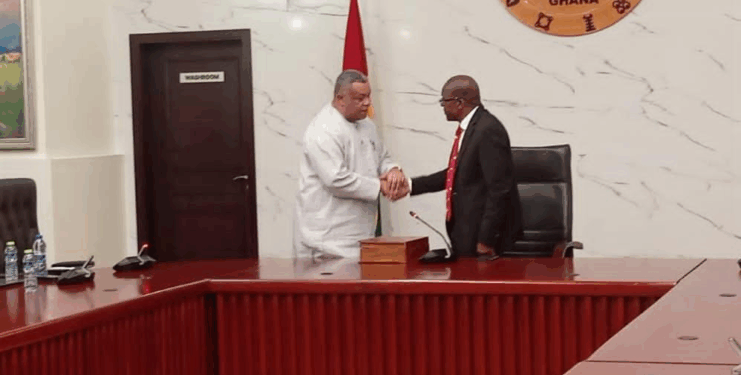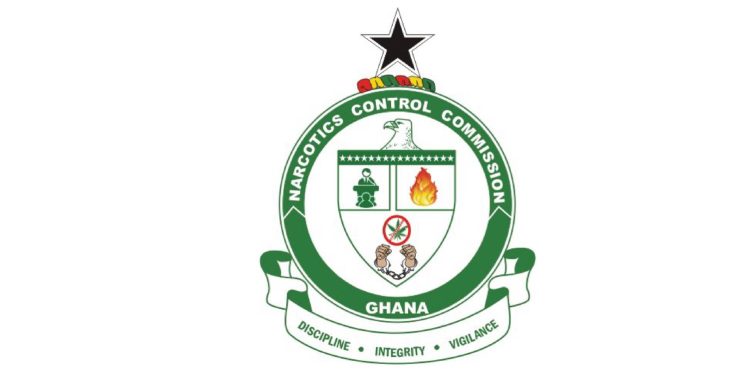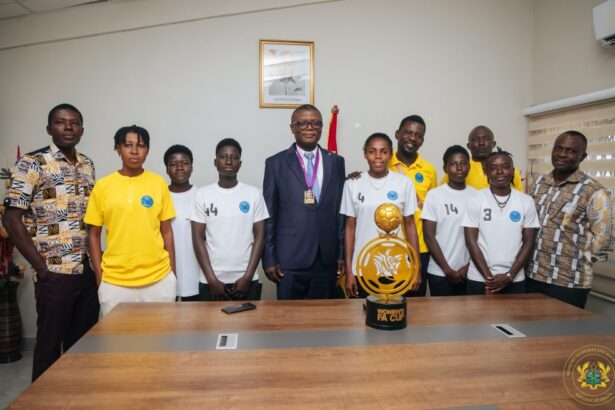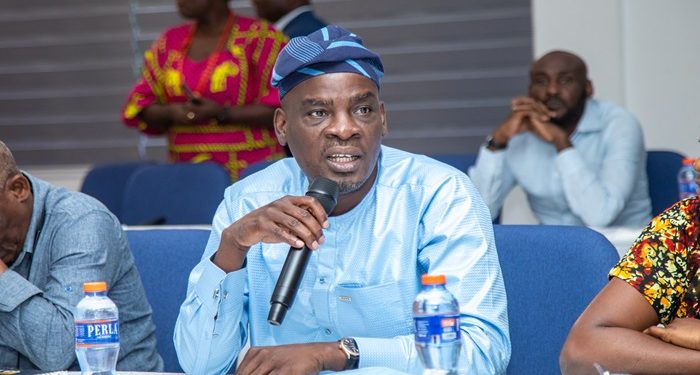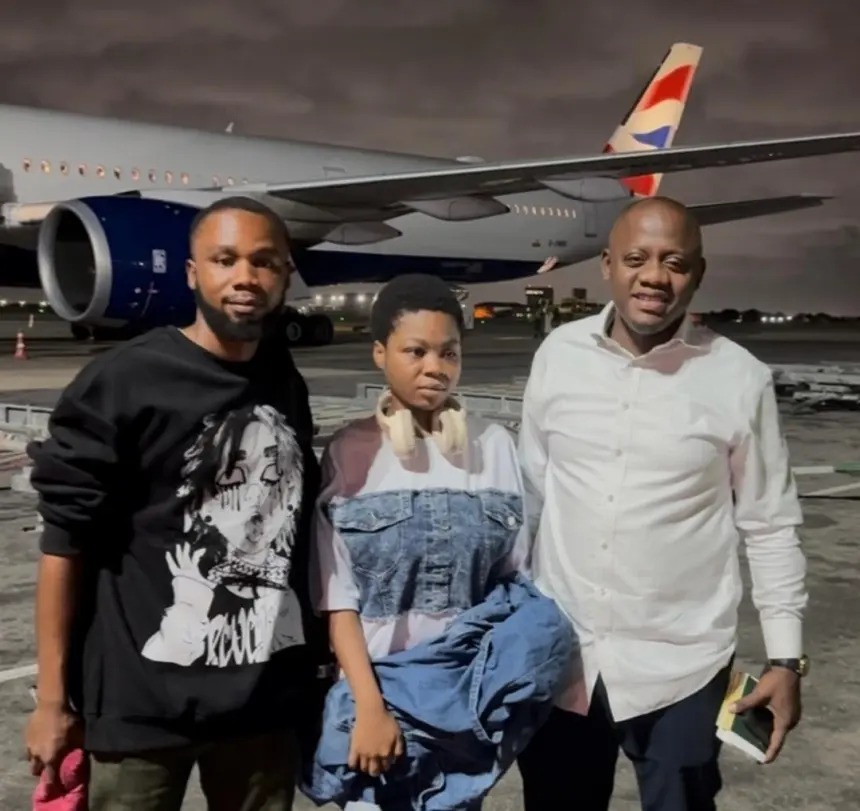Nana Dr S. K. B. Asante, Vice President of the Ghana Academy of Arts and Science, on Monday, stated that the Supreme Courts decision declaring the Fast Track Court unconstitutional may have far reaching implications for the administration of justice and public confidence in the judicial process.
However, the High Court decision dismissing charges against Mr Tsikata on the grounds of unconstitutionality seems proper and does not raise any constitutional questions, he said.
He made these remarks in the first of three lectures at the J. B. Danquah Memorial Lectures in Accra under the Theme, “Reflections on the constitution, Law and Development,” organised by the Academy.
Nana Dr Asante stated that, although he was unable to comment on the substantive grounds for the Supreme Court decision, since they were yet to be given, “nevertheless one cannot in all candour avoid confronting some nagging and troubling pertinent questions about the judicial process”.
He said the Supreme Court’s sensitivity and role in ensuring the Rule of Law imposed a serious duty on the institution, adding that, the honourable members of the Bench had to be above reproach since no organ of state was immune from scrutiny in a democratic system.
The Supreme Court’s decision in the Tsikata case has the effect of invalidating not only the criminal proceedings instituted in the Fast Track Court against him, but also all previous decisions and proceedings whether criminal or civil, with detrimental implications for all vested interests.
He said a legitimate question must be raised as to whether the decision had performed the judicial function of assuring certainty and order in the administration of justice or whether the judiciary had itself unleashed uncertainty and unsettled vested rights.
Nana Dr Asante stressed that the judicial process and the legal system should clarify, protect and sustain rights and other interests and not to unsettle or disturb them, emphasising that “the ordinary person looks up to the law as reliable and predictable system of protecting and not upsetting rights and other interest”.
He urged Supreme Court Judges to heed the admonition of former Chief Justice Sowah that, “Our interpretation should match the hopes and aspirations of our society and our predominant consideration to make the administration of justice work”. Nana Dr Asante raised questions as to what prevented any member of the Judiciary from expressing reservations about the constitutionality of the Fast Track Court.
He asserted that, “if the judiciary was prevented by law and tradition from reviewing or advising on the constitutionality of a machinery introduced by the Head of that institution, then perhaps we should reappraise the entire system of constitutional litigation”.
Nana Dr Asante suggested a system, which “would enable us to test the constitutionality of a proposed measure before it becomes an accomplished fact, that apart from the traditional system of reviewing the constitutionality of an act within the meaning of Article 2, a mechanism be instituted for the express purpose of raising or testing the constitutionality of a proposed measure of the executive, or a bill to be passed by parliament”.
This would have pre-empted any prospect of invalidating a whole system after it has been installed with all its disruptive implications. There was no reason why any question whether constitutional or legal about the installation of a machinery welcomed by all parties such as the computerisation of court proceedings could not be resolved in a non-contentious manner without recourse to the confrontational litigation inherent in the adversarial system, he said.
Nana Dr Asante expressed concern about the Court’s failure to give reasons together with its decision, saying “again unsettling as expeditious disposition of the case with full reasons would have calmed the atmosphere”.
He said with the failure, one assumes that no judgement had been written before the announcement of the decision “if so then the learned judges may have denied each other an opportunity to reflect on their colleagues opinions and to exchange ideas in a collegial atmosphere, which was an important technique for building consensus”.
Source: GhanaWeb

